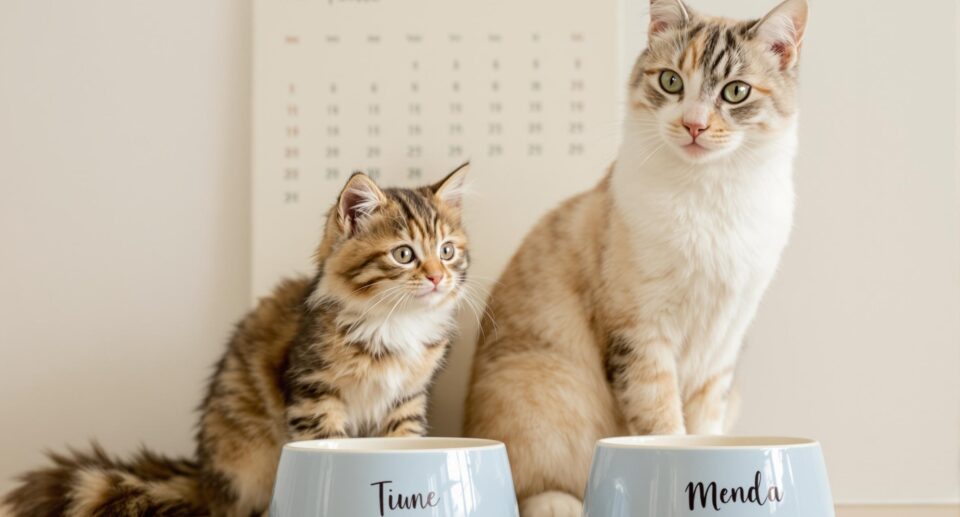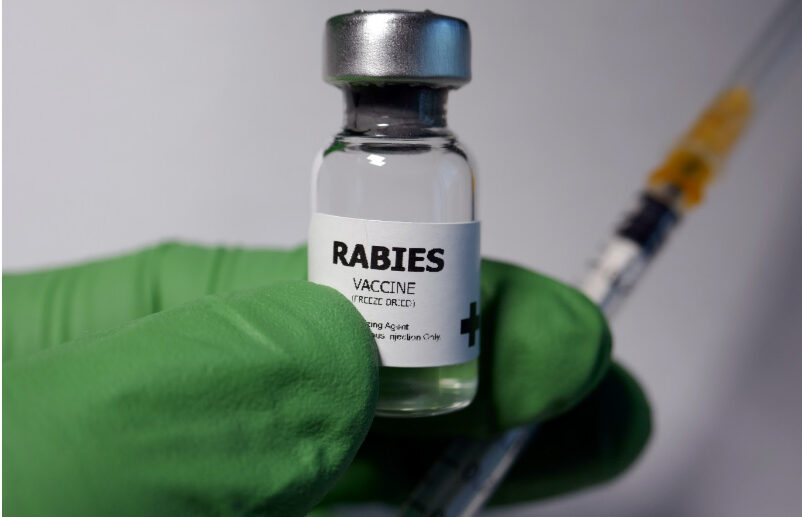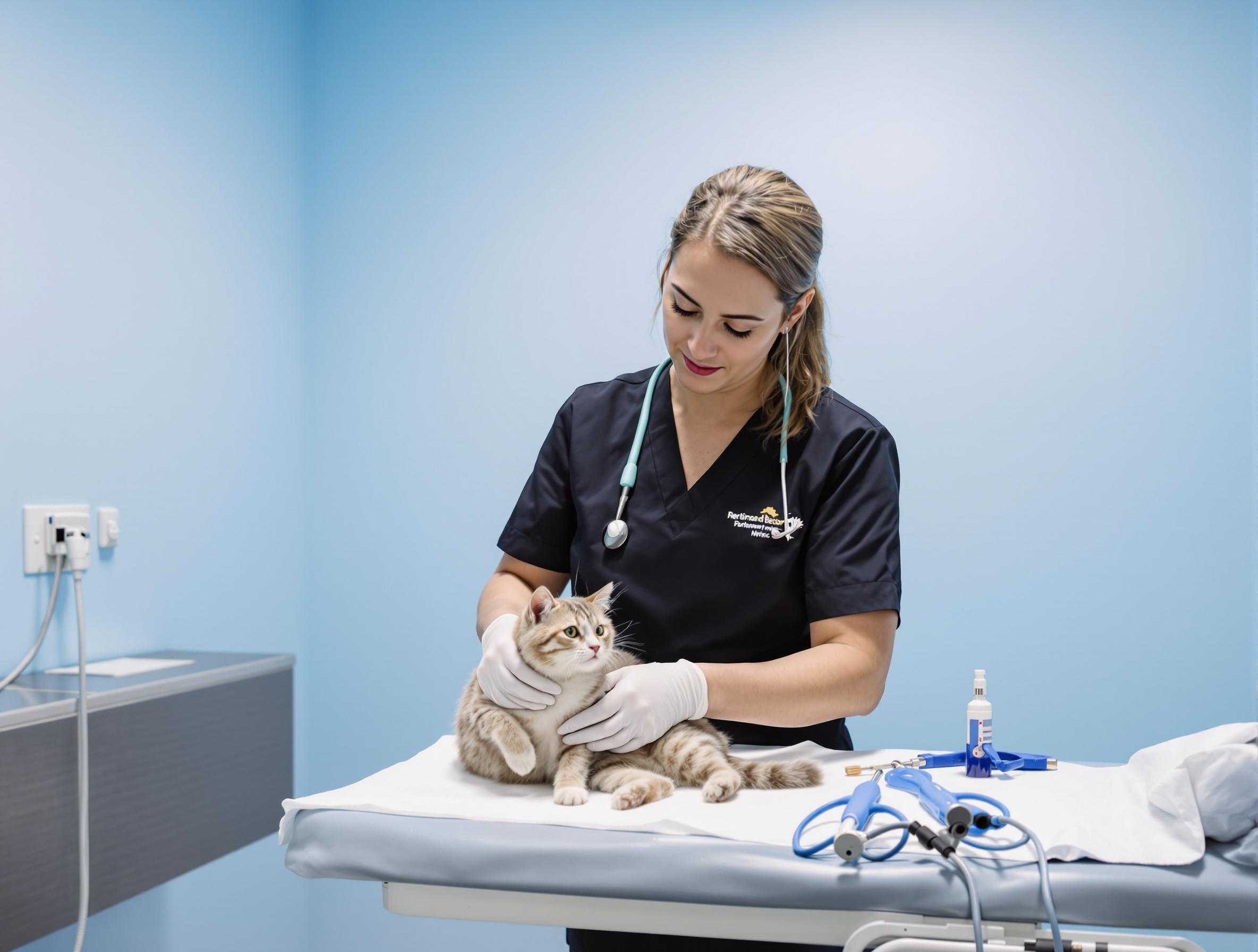When To Switch From Kitten Food To Adult Cat Food

Is your kitten ready to graduate from kitten food to a new, grown-up diet?
The average domestic cat is finished growing by their first birthday, though they may not completely fill out until 2-3 years of age. You can generally transition from kitten food to adult cat food around 9 to 12 months.
Large breeds like Maine Coon take longer to mature, growing in height until 18-24 months and continuing to fill out their frame until about 4-5 years of age. They can stay on kitten food for longer than a smaller cat, transitioning when they get close to their expected adult weight.
If you’re not sure if your cat is ready for adult food, you can try an all life stages food. Monitor your pet’s weight, appetite, and overall health when transitioning foods and talk to your vet if you have any questions or concerns about the best way to feed your cat to fit their unique needs.
Kitten Food Vs Adult Vs All Life Stages Recipes
Most commercial cat and kitten foods are formulated to meet guidelines set by the Association of American Feed Control Officials (AAFCO). AAFCO has different nutritional guidelines for kitten, adult maintenance, and all life stages cat food.
Kitten food is more nutrient dense with more calories, fat, and protein to fuel your kitten’s growth. It is also suitable for pregnant and nursing queens. Keeping your cat on a kitten recipe for a little longer than necessary is not harmful, though they may gain excess weight on it.
All-life-stages cat food meets the AAFCO guidelines for both kittens and adult cats, so it’s great for multi-cat households. As your cat stops growing and their metabolism slows down, they may not need as much food to fulfill their changing caloric needs. Check the feeding chart on the bag or ask your veterinarian if you’re unsure how much to feed your cat.
Adult maintenance cat food is often designed for cats that have lower caloric needs. Cats generally need fewer calories after they are spayed or neutered. If your cat is overweight, simply reducing their food intake can deprive them of nutrients. A reduced calorie weight maintenance food is preferred for overweight cats because it provides complete nutrition with fewer calories.
Cats can experience gastric upset any time they go through a dietary change. Gradually transition to the new food over a course of 7-10 days to help their digestive system adjust.
Transitioning From Free Feeding To Scheduled Meals
When your kitten was still growing, you may have allowed free-feeding, or leaving a bowl of food out all day so they could eat at any time. This is generally an acceptable choice for growing kittens and can help ensure they consume enough calories to fuel their development without overwhelming their digestive system.
Generally, adult cats are not good at self-regulating their food intake and will overeat if given the opportunity. Adult cats should have at least two scheduled meals per day, though 3-5 is optimal for digestion. If you choose to free-feed, make sure to monitor how much your cat is eating, as a sudden lack of appetite could indicate a serious health issue.




